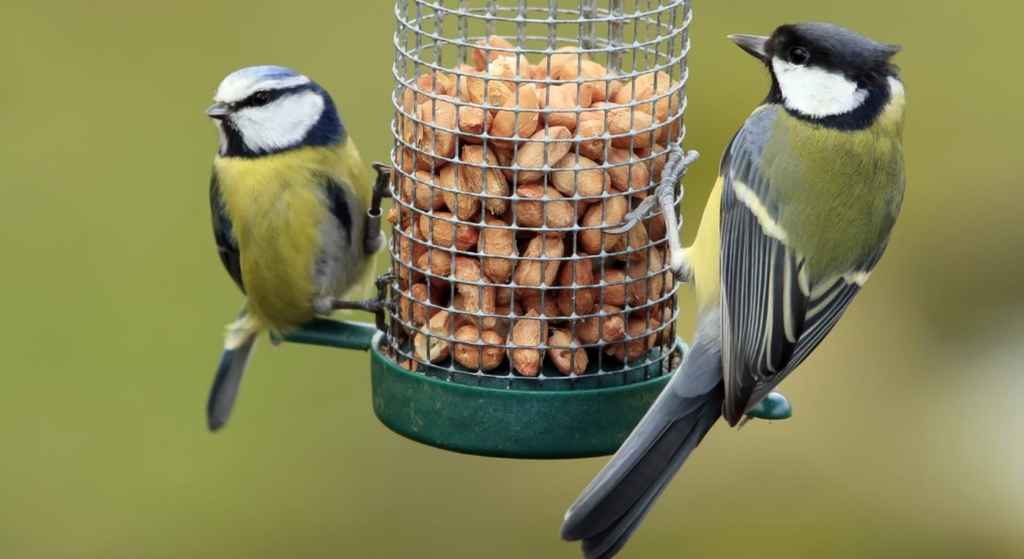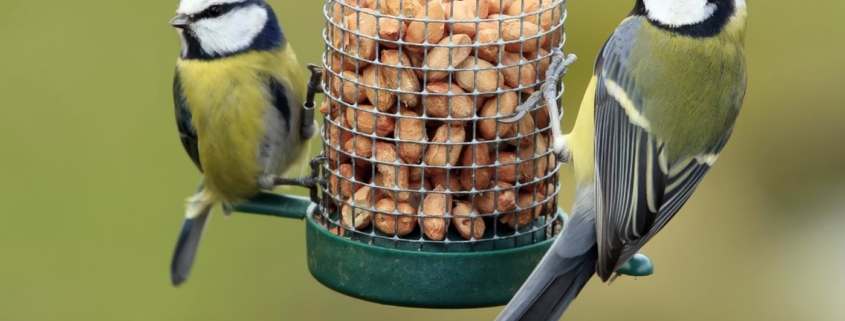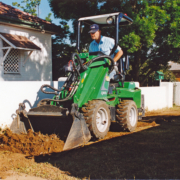Binoculars at the ready – Lantra urges nature lovers to support national birdwatch survey
Twitchers are gearing up and reaching for their binoculars to scan their trees, hedgerows and shrubs as the RSPB’s popular Big Garden Birdwatch survey takes flight once more.
Avid bird watchers and nature lovers are being invited to take part in the event from 27th to 29th January, and millions of our feathered friends are expected to be spotted and recorded for the annual survey over the three-day period.

Binoculars at the ready – Lantra urges nature lovers to support national birdwatch survey
The RSPB says taking part in the Big Garden Birdwatch is fun and free for everyone and people don’t even need a garden to get involved, as counting birds can be done from a balcony or local park.
The RSPB says 38 million birds have been lost from UK skies in the last 50 years, with species such as sparrows and starlings in severe population decline.
Every Birdwatch is incredibly important. Not only does it help map birdlife and show how birds are faring across the country, but it also helps the RSPB to monitor the situation geographically in urban and rural areas.
To take part in this year’s Big Garden Birdwatch survey, all people need to do is watch the birds for around an hour, count how many of each bird species land on the patch you are observing, and then go online and tell the RSPB what you’ve seen.
Twitchers are encouraged to attract birds to their patch, ahead of the survey days, by topping up bird tables and feeders.
Whilst regular sights at Big Garden Birdwatch survey events include blackbirds, blue tits and magpies, more unexpected visitors have, in past years, included the red-flanked bluetail, redwings and the black-throated thrush. The latter was actually spotted in 2016 by a woman on a quiet residential estate in the Cotswolds.
This rare and surprising garden sighting was incredibly exciting for the bird world as this species had only ever been seen a couple of times before in the UK.
Please visit the RSPB website at www.rspb.org.uk to find out more about the charity’s work, to download a Birdwatch Guide and ID chart, to donate to this worthy cause or, become an RSPB volunteer.
Anyone wishing to learn more about birdlife can also take a certified Lantra training course to gain a mix of knowledge and practical field experience.
Lantra’s Field Ornithology training covers how to identify British birds by sight and sound, how to carry out a range of field surveys, as well as basic field skills and good practice.
For further information about this course please visit https://www.lantra.co.uk/course/field-ornithology
For the latest industry news visit landscapingmatters.co.uk/news
Get all of the big headlines, pictures, opinions and videos on stories that matter to you.
Follow us on Twitter and Instagram for fun, fresh and engaging content.
You can also find us on Facebook for more of your must-see news, features, videos and pictures from Landscaping Matters












